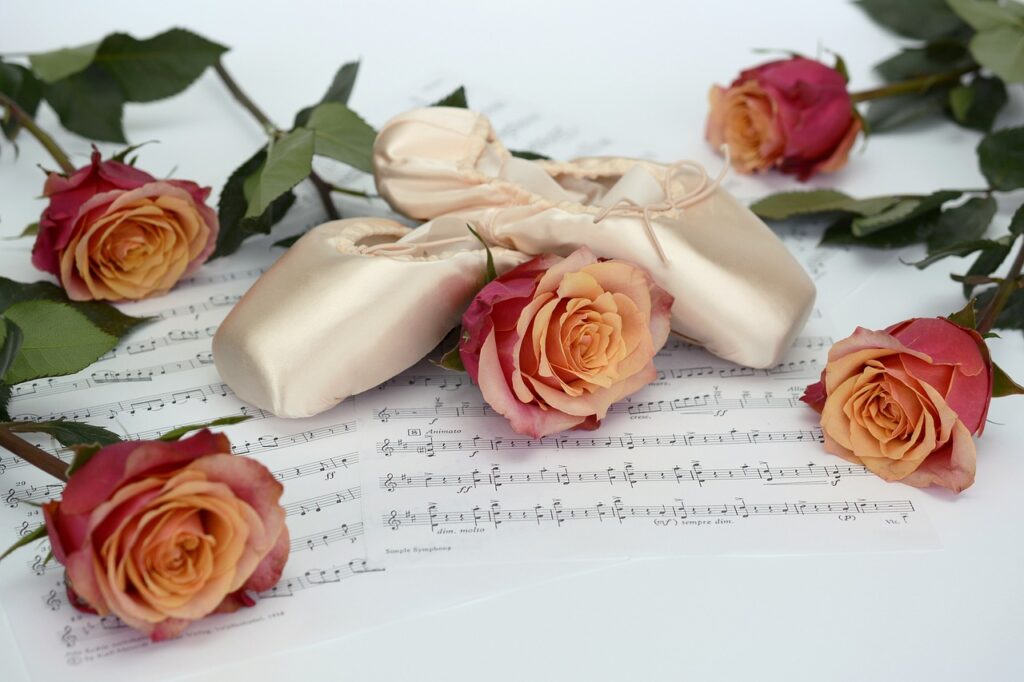On the 7th of November our class went to Stimate theater to participate in a project named “African Cinema”: it is about films that were made in Africa or by African film directors. The film we went to see is called “Houria” and tells the story of a young girl from Algeria, Houria, whose dream and passion is ballet.
One day she is victim of an aggression, when a man pushed her down the stairs, because he wanted the steal the money she had won from an illegal betting. Houria became mute and unable to dance. Subsequent to her hospitalization, she begins to see a group of women that had experienced similar situations, which helps her recover from her trauma. Following a long battle against the Algerian unfair system of laws which discriminates women, and after a long and demanding struggle to get back on her feet and dance again, not only she takes revenge against her abuser, but with the power of dancing she finds a way to express herself and to help other women.

After the film we all had the same opinion: we found it beautiful, sad and inspiring. The film made us think in depth: not only we sympathized with the protagonist, but we admired her strength and her will to go straight through her path. Next to some personal considerations, we set up a class debate regarding three of the main topics we identified in this film: trauma, personal dreams and equality. We had to separate into three groups that had a specific topic, or “motion”, to develop (three motions for three groups), and each group was split in half: one part with the task to support the motion, and the other supporting opinions against the topic that was assigned to them.
All students discussed the following motions in groups: “Verbal communication is the only possibility to interact effectively”, “Women are better communicators and can develop a strong sense of community” and “When attempting to create a more harmonious society, equality is the most important factor”. What came out was a truly great debate, where every part was respectful of the other while maintaining our English lessons exciting.
Roberta Barbagallo
